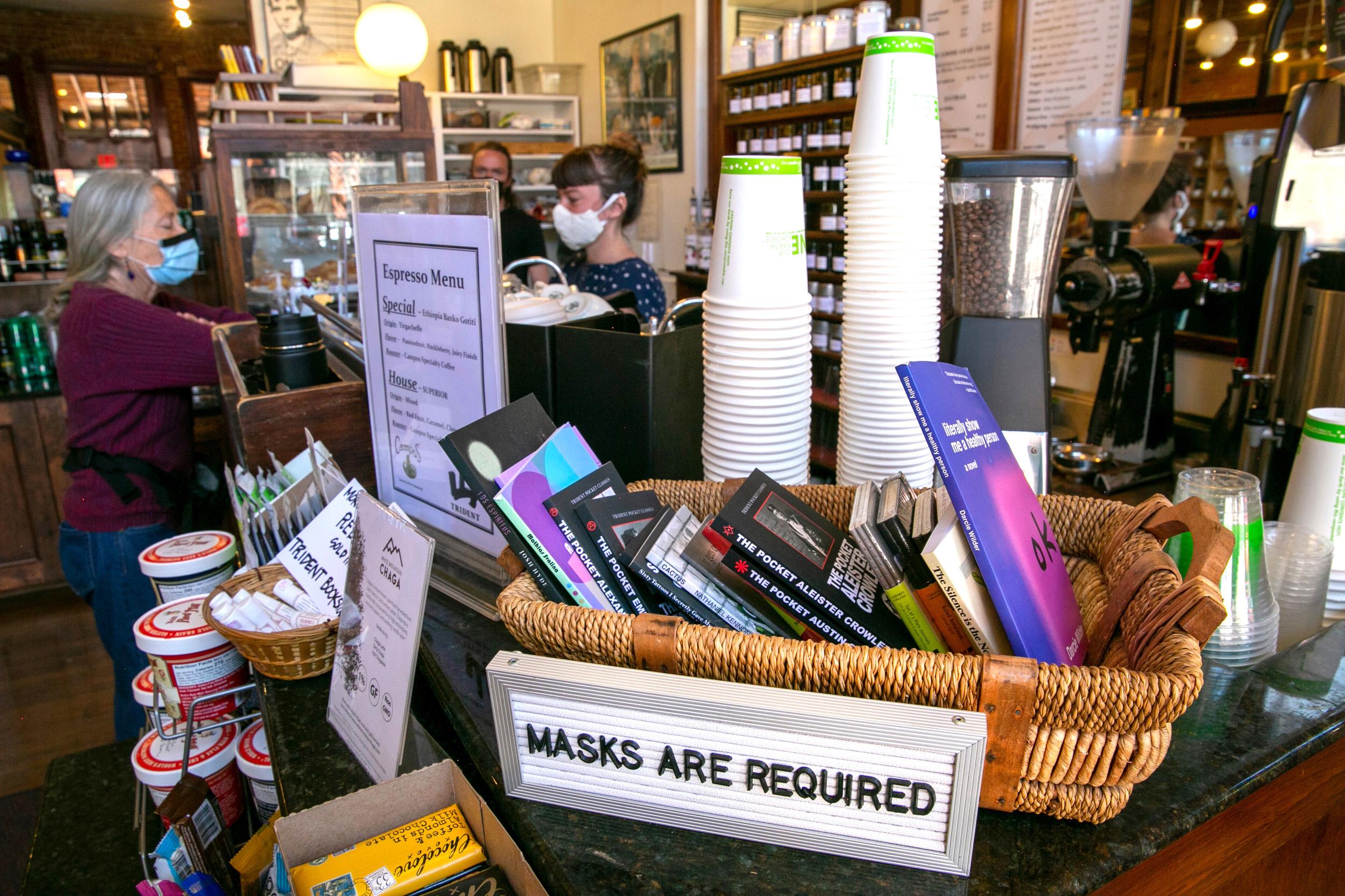
Gov. Jared Polis Wednesday praised Coloradans for taking social distancing measures to heart and reducing the spread of the novel coronavirus, in spite of a few high-profile instances of large, informal gatherings.
He said the status of reopening was “so far, so good,” when referring to the progress the state has made in slowing the spread of the deadly virus.
Earlier in the day, though, state health experts warned hospitalizations could spike rapidly if restrictions are relaxed too quickly or if people aren’t heeding social distancing guidelines.
The state is “not out of the woods yet,” said Jill Hunsaker Ryan, head of the Colorado Department of Public Health and Environment.
Ryan said Colorado’s sacrifices during the state’s stay-at-home period had a huge impact on the state’s ability to flatten the curve and spread out the number of hospitalizations. But she cautioned that those numbers could rise rapidly if people aren’t doing things like staying apart and working from home when they can and wearing masks in public.
She pointed to how quickly hospitalizations increased from the beginning of March when the virus was first detected in Colorado to its peak of 888 cases on April 14.
“This just shows how quickly this disease can spread and how quickly our hospitals can be really overwhelmed with patients,” Ryan said. “I think our main message is that as restrictions are relaxed, we need to go slow.”
Ryan also talked about the challenges the state has faced in determining how many Coloradans have had COVID-19 because of a lack of widespread testing. Polis said at the press conference that at one point, state health officials estimated they were only catching one-third to one-quarter of all cases, a rate they believe has substantially improved.
Ryan said estimates done with the University of Colorado School of Public Health found about 167,000 Coloradans have had the virus, just under three percent of the state’s population.
Ryan said that’s well below the 70 percent public health experts say might start to create the kind of widespread immunity that could slow the spread of the disease and protect the vulnerable.
That idea, called herd immunity, has been a hope for some because it might allow a wider reopening and return to normalcy. If a certain number of people in a community have immunity — either because they’ve been infected or vaccinated — then others without immunity will still be protected.
Ryan said getting to herd immunity without a vaccine for COVID-19 would take too long and involve far too many deaths to be a reasonable goal. She said there’s also still a lot of researchers don’t know about how immune people who’ve had COVID-19 are to being reinfected and how long that protection might last.









